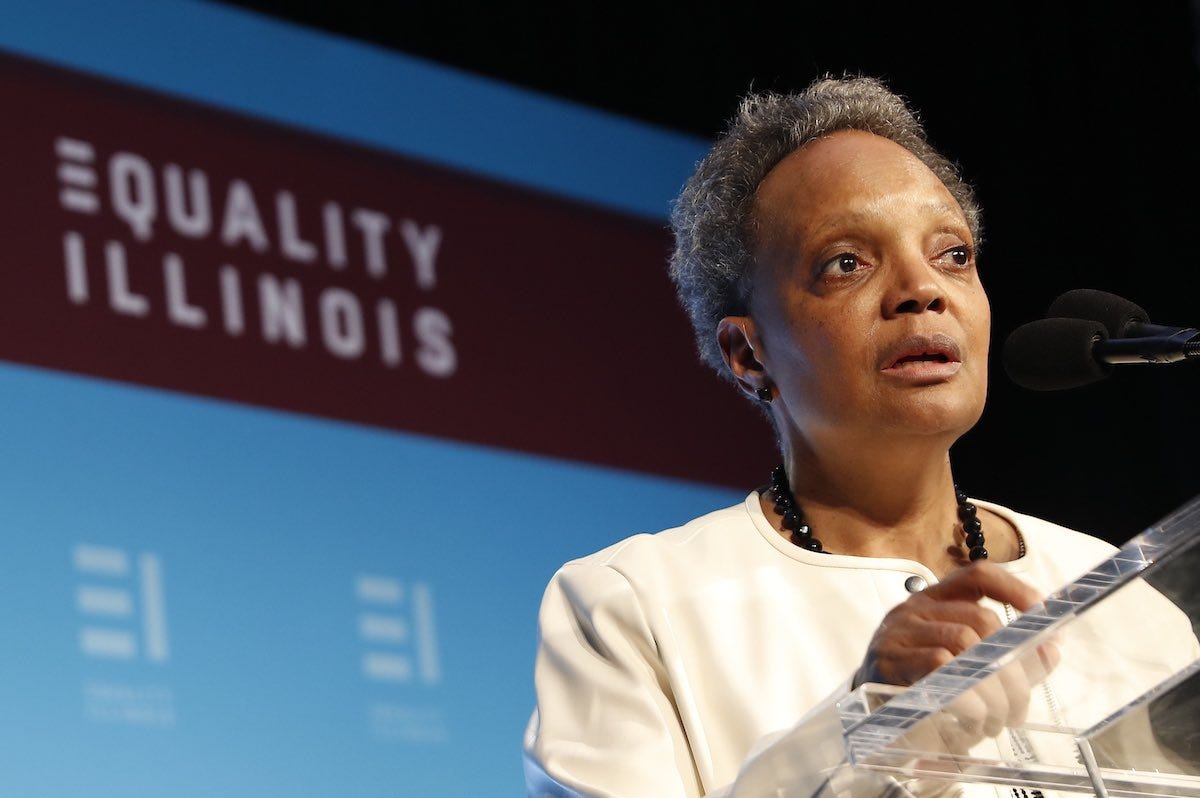Political Winds Shift In The Windy City
An Incumbent Mayor Loses And Voters Are Offered A Stunning Contrast
Chicago Mayor Lori Lightfoot’s tumultuous four years as mayor of the country’s third-biggest city ended Tuesday night when she failed to advance in the first round of Chicago’s mayoral election. Lightfoot, Chicago’s second woman mayor, saw her time at City Hall end in a simil…




